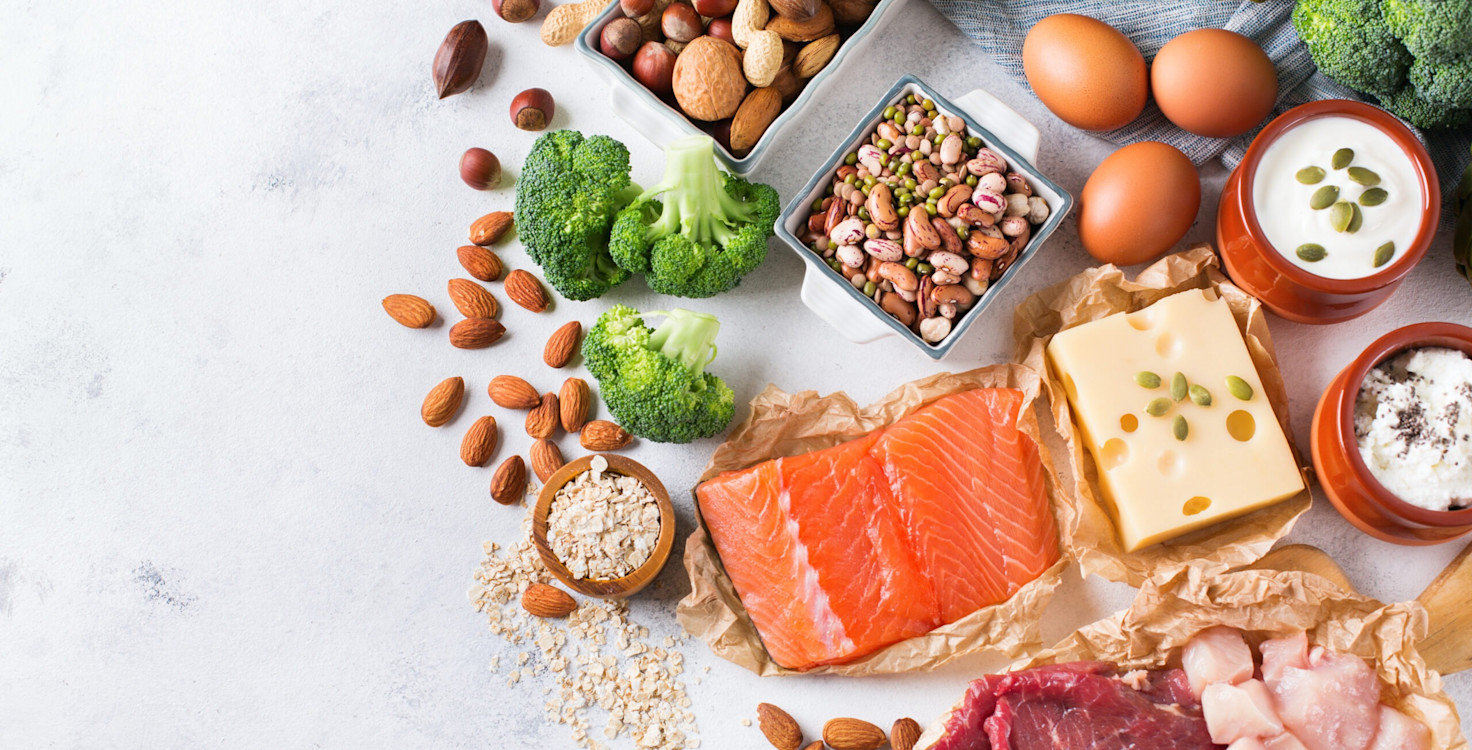FAIRR’s top news picks
EU Proposes Aid Package to Help Farmers Weather Ukraine War
The Washington Post | 23 March 2022
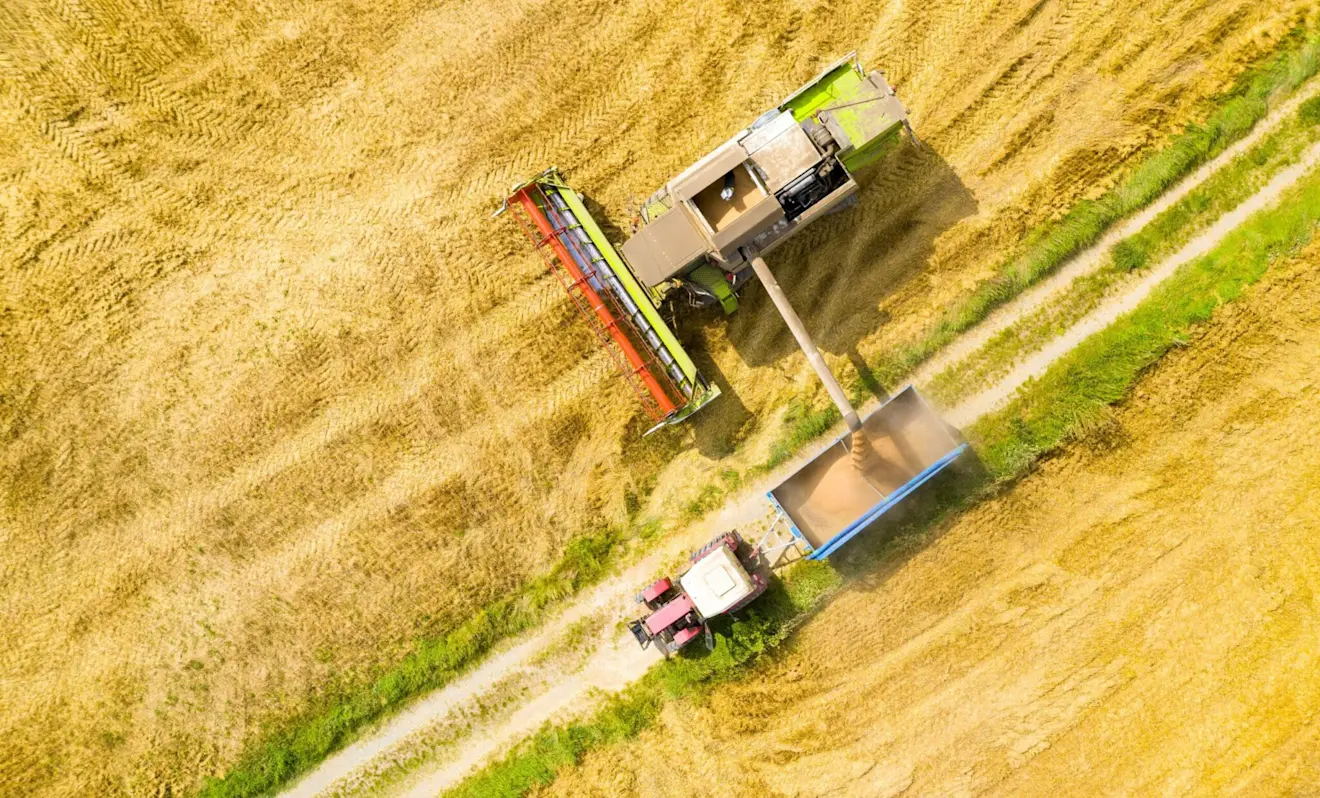
The European Commission allocated an aid package of €500M to help farmers in the EU cope with the economic impact of Russia’s invasion of Ukraine, which continues to disrupt global food supply chains. The plan includes an aid program for the pork industry and temporary state aid for companies in the agriculture and fisheries sectors. The goal is to make European food supply chains more resilient to future crisis as the EU is currently highly dependent on Russian fertilisers and feed crops from Ukraine.
Free Range Eggs Disappear From U.K. Market Due to Bird Flu Outbreak
Bloomberg | 21 March 2022
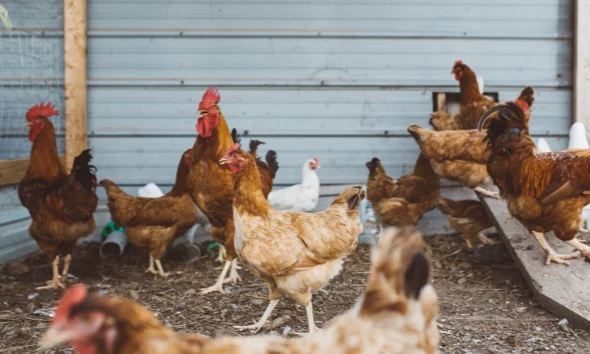
The largest ever outbreak of bird flu has been forcing farmers to keep hens inside barns since late November 2021. The 16-week grace period to keep the free-range status for eggs expired on Monday meaning that from now on shoppers will see “barn eggs” labels in the UK supermarkets. Bird flu is highly contagious and can affect humans making hygiene, sanitation and other safety measures as important as ever across farms.
Fertiliser Prices Are Dramatically Increasing Amid Western Sanctions on Russia
Reuters | 23 March 2022
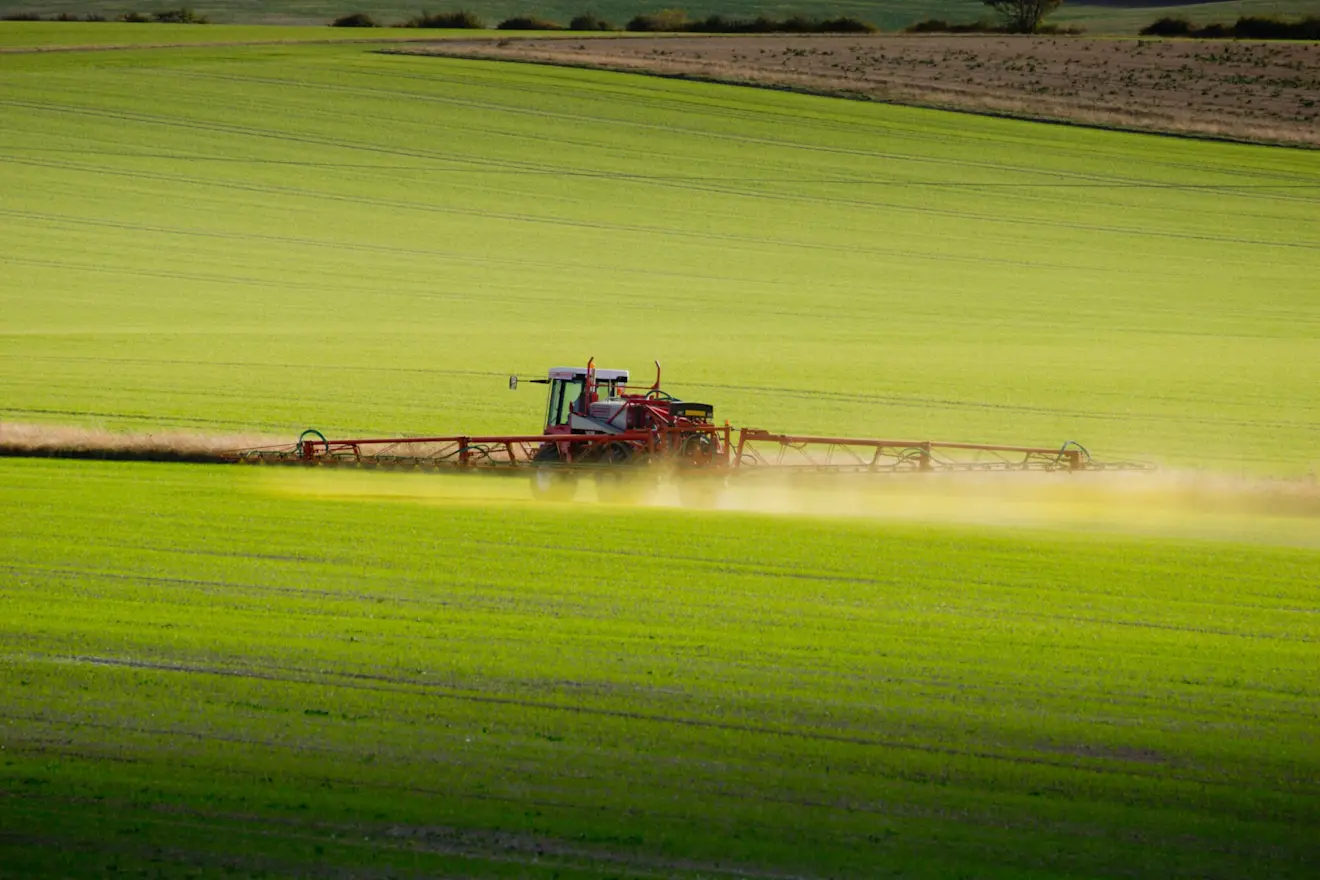
Western sanctions on Russia, a major exporter of soil nutrients, have disrupted shipments of key inputs and have dramatically increased fertiliser prices. Some farmers are adjusting by using manure to nourish their crops or switching to crops that require fewer nutrients. Others are starting to simply use fewer fertilisers, which experts believe will damage yields. The fertiliser crisis is expected to inhibit food production globally in the upcoming year and add an additional strain to the food crisis that is already stemming from Russia’s invasion of Ukraine.
Graphic of the Week
An average meat-eater, consuming a varied daily diet of 2,000 calories, is responsible for 5.6kg of CO2 per day (adjusted for age and sex). Switching to fish can reduce an individual’s greenhouse gas emissions by 31% to 3.9kg of CO2, which is similar to shifting to vegetarianism. But going vegan makes the biggest difference, slashing the carbon output by roughly half to 2.9kg.
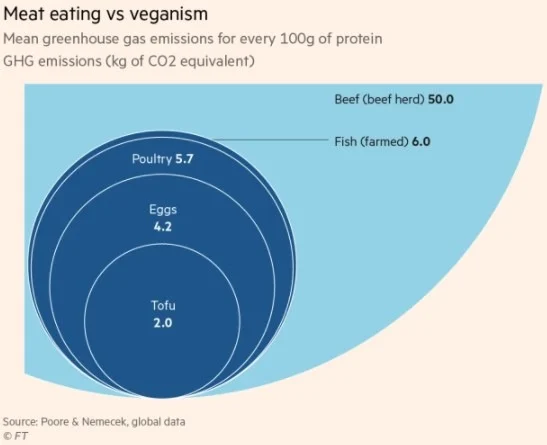
Source: Financial Times
More Food for Thought
‘Climate smart’ policies could increase southern Africa’s crops by up to 500% | Kaamil Ahmed | The Guardian
EU holds pesticide reduction, biodiversity preservation proposals amid Ukraine war | Gerardo Fortuna and Julia Dahm | Euractiv
FAIRR’s Protein Pulse is a weekly collection of news articles related to the food sector that may be of interest to our members. FAIRR does not necessarily endorse the views of these news articles and assumes no responsibility for any errors or inaccuracies found in third-party content.
